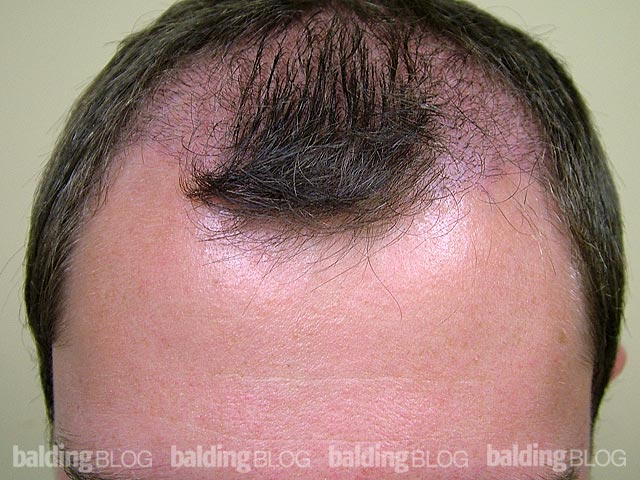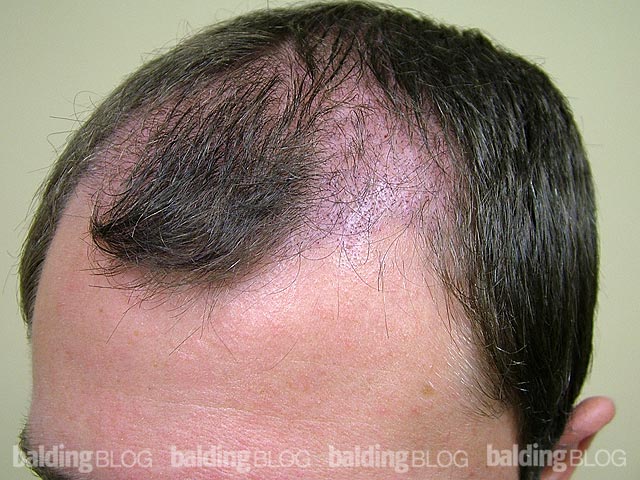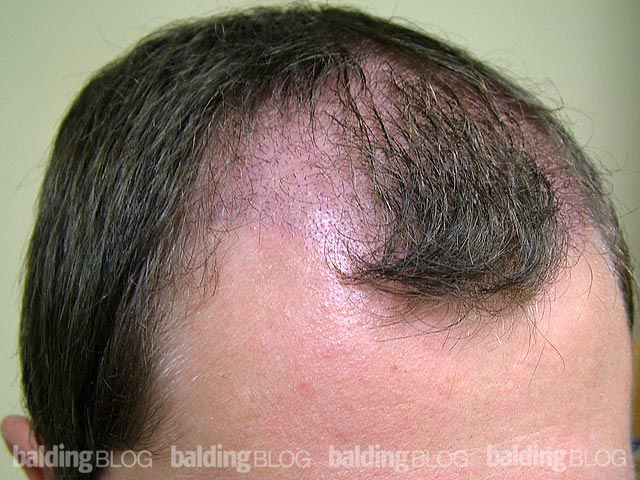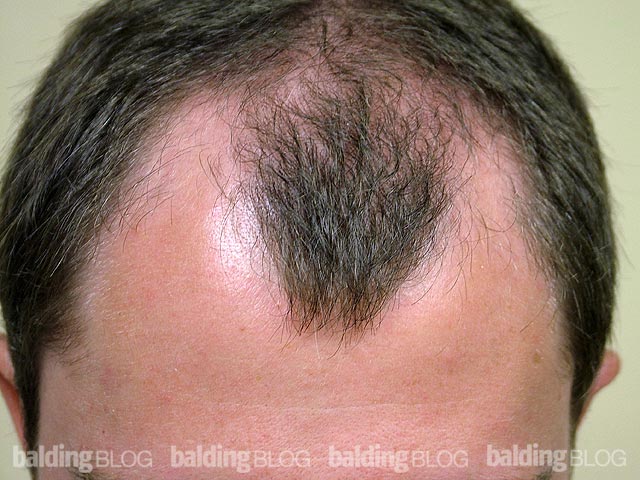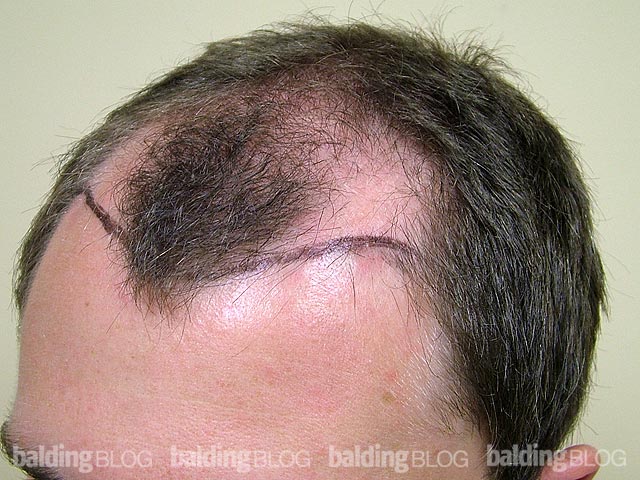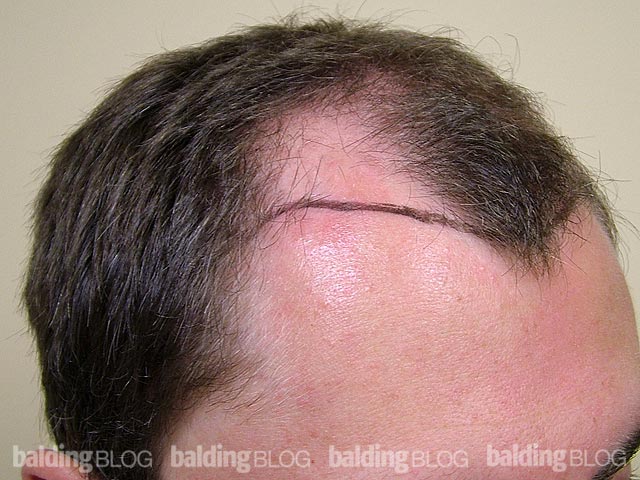Dr. Rassman,
I’ve had lots of procedures done; I’ll say at least 9 since 1995. I’m 41 now. I know that’s a lot. I’ve had at least 4-5 done at one center, then about another 4 done at a well know hair transplant center here in DC. I’ve even had gaps of up to 4 years between procedures because of money issues. I’ve spent at least over $20,000.00 so far. I was never given a “Master Plan”. Every person only evaluated me, then asked, “How many are you looking to get right now?.” Me being new to transplant never really realized that once you start the process, you should, in my opinion, every year get as many grafts put in as you can afford. Well, I had really bad scarring in the back going across from one side to the other which was corrected a bit. My head of hair is not nearly as full as I would want it. Actually, right now it’s still very thin in spots here and there. Sometimes I’m just so depressed about it. Don’t make the mistake like I did. If you go for transplant procedure, get another job, work part time, anything to get that head full of hair. Too many procedures, cutting, stitching, etc. spells trouble. I know.
One of the groups did a great job of reducing my scarring in the back of my head. I was also told that in a couple of years ago that lab grown hair follicles will be available. Do you agree? I’m at that point where I feel this would be my last and only alternative.

You have a tragic story. You were not placed on this Earth to give doctors money every year to get hair moved and to manage scars on your head.
The only patients that have had over 4 procedures with me are those that were very, very bald (9,000+ grafts) or very, very obsessive (I fondly call them my ‘hair addicts’). Most people should be completed with 1-2 procedures. Informed consent requires doctors to tell you what is in store for you, what you can reasonably expect a hair transplant will do for you, and when it will be completed. That is the doctor’s moral and legal obligation and the fact that you did not have that happen, means that you must have been victimized from hopping around to different doctors. You should have held your original doctor accountable for finishing what he/she started (in a perfect world of course). I know, unfortunately, that many people who go to doctors that are not responsible or accountable are caught in a difficult position. My suggestion is that you consider going to a doctor who will give you the real scoop as to what, if anything, you can expect going forward. If you need repair work on the scar, that doctor should be able to let you know what is in store for you. As you are on the east coast, may I suggest seeing Dr. Robert Bernstein in New York. He and I literally wrote the book on repairs.
I want to also comment on your hope that soon, hair will be grown in a lab to solve the hair supply problem. I am sorry to burst your bubble, but I don’t believe that will happen in any reasonable timeframe to get you the extra hair you may need. Many doctors are promising lab grown hair in a few years, but the ignorance by these doctors seems pervasive on this subject. My opinion is that we will not see lab grown hair for more than a decade from now. So for the readers who are postponing decisions on hair transplants to wait for lab grown hair, you need to ask yourselves if you really want to wait until you are 70 years old to get the more youthful look.



